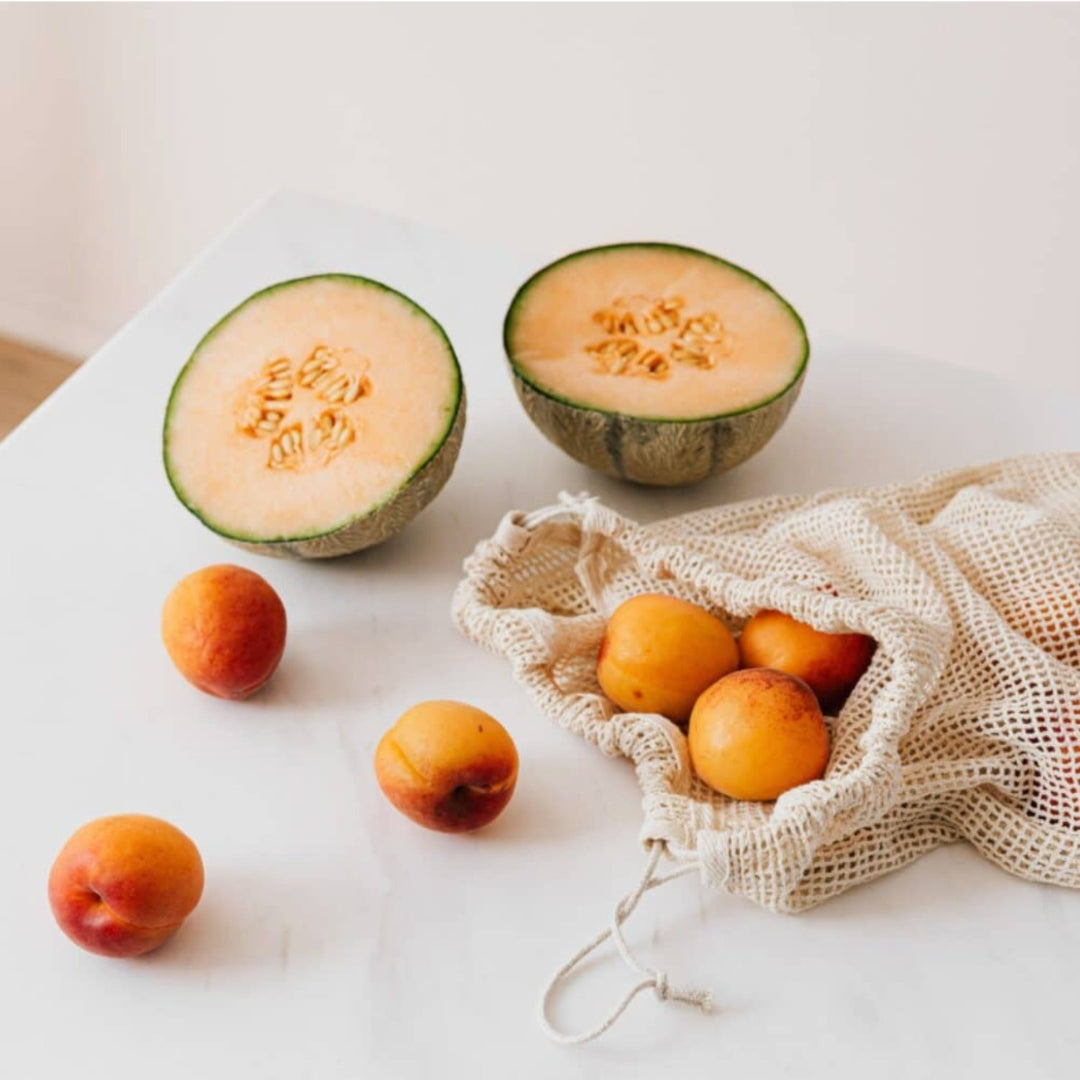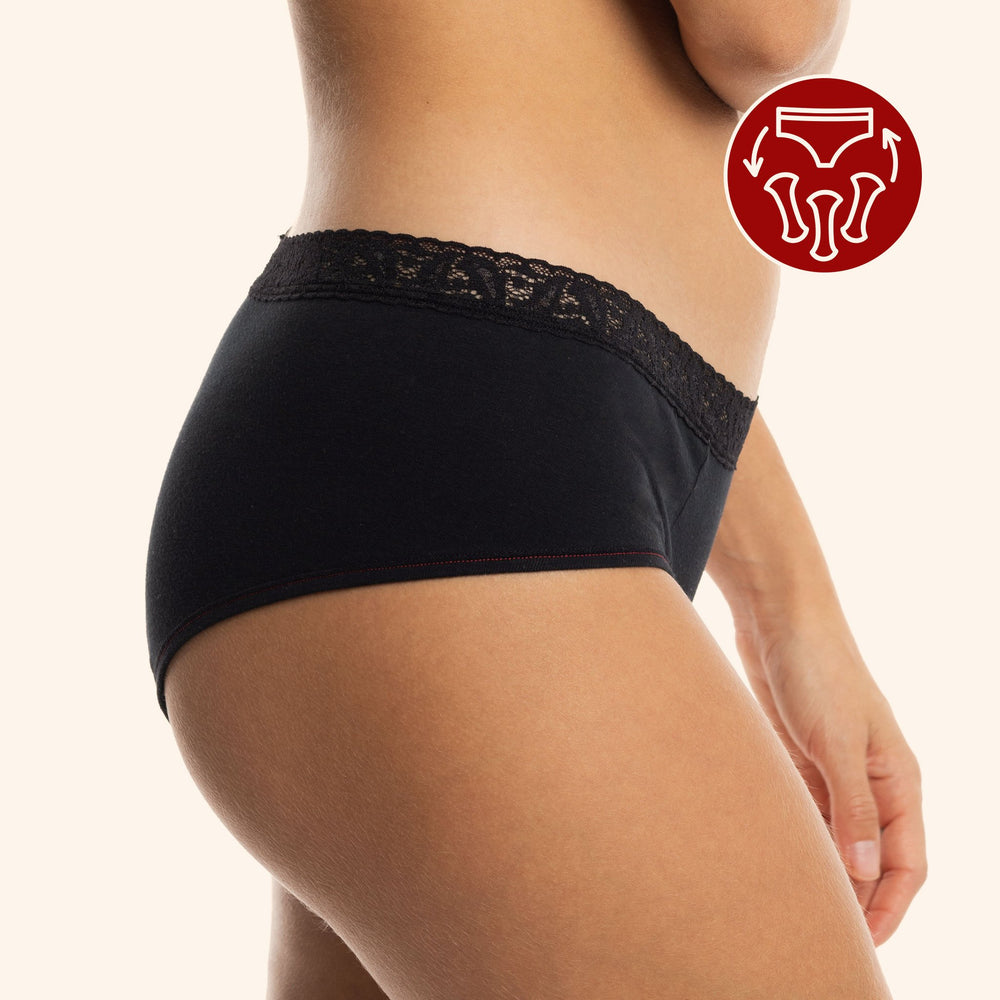
WHAT DOES AN ECO-FEMINIST EAT IN WINTER?
The main thesis of ecofeminism is simple: The exploitation of women in the world is inseparable from that of nature, meaning, we can’t improve the condition of one without dressing the wounds of the other. In other words, environmental justice and women’s social justice are the same thing. Eco-feminists are in the front row of a new green revolution that is both global and environmental.
It is increasingly clear that the leading principles of power and domination over nature that have created capitalism have left indelible marks on our environment. By wanting to control the Earth so that we can consume more and more, we have impoverished and polluted it. The followers of this new eco-feminist movement agree that there is an urgent need to change our perception and give a fair place to the values of non-violence, co-operation, and respect for others. As a result, Mother Nature and her human offspring will be better off.

A SPIRITUALITY ROOTED IN THE EARTH
In the context of the current environmental crisis, more and more women advocating for ecological values feel the need to direct their spirituality towards beliefs that value all that is feminine. One of the most popular mythical figures is Gaia, Mother Earth. The concept of Gaia sees the whole earth as a living organism which we, as humans, are connected to as extensions of its eyes and consciousness.
As opposed to religions claiming that true change comes from above, from a faceless supreme power that disempowers us in the face of our future, this new, eminently ecological spirituality argues that change is made through grassroots efforts, by all of us. This kind of spirituality advocates that there is no ultimate truth, instead, an interconnection of varying truths. Eco-feminists believe that the act of making our lives and our relationship to nature sacred inevitably transforms our relationship with our environment and results in respect for life in all its forms.
One of the keys to this spiritual revival is the place given to the rituals that honour nature and the feminine: hence the gatherings of nature-loving women under the full moon to sing and celebrate the life that pulses through them. Many eco-feminists see these rituals as powerful tools to redistribute power to the female form.

WHEN GOD WAS A WOMAN
They say the first religion worshipped women. No wonder! Several scholars agree that in the so-called “primitive tribes,” the link between sexual acts and conception had not always been known. In her book La femme solaire, Paule Salomon explains that, at a time when the father’s lineage didn’t yet exist, the woman was considered the only source of life and was venerated as such. In these early religious sects, the woman was seen as the first ancestor. According to Salomon, societies honouring the mother goddess were said to have been egalitarian and non-violent. No wonder that, at a time when violence is exploding all over the planet, the return to the myth of Mother Earth is so powerful.
But not everyone is hooked on the idea of this feminist-flavoured neo-paganism. Isn’t it dangerous to identify with Mother Earth, and feel compelled to save the world as a result? Ladies, if this is your ambition, it is yours to claim; but know that burnout might be waiting for you! 😉

CHOOSE YOUR CAMP
The main components of the eco-feminist movement combine notions of sustainable development, holistic thinking, and connected ecologies, and are being talked about more and more. Whether we like it or not, the state of the world is inevitably urging us to question our relationship to nature. Reclaiming a sense of power found in nature after the scientific revolution of the 17th century can fill us with feelings of both guilt and humility. Faced with the situation, ecofeminism offers us a return to local action and global thinking. The cornerstone of this movement: linking the inside and the outside, the self with other, the ordinary and the sacred, the personal and the global. Does this in any way speak to you?
But let’s return to the main thesis of the eco-feminist movement, which argues that the exploitation of women is inseparable from that of nature. We have a concrete example when we think that the use of tampons, which impacts both the health of women and our planet … Makes you think, right?

Moreover, there’s a good bet that during their full moon dance, these new Ecofeminist witches in their “moon-time week” carry Mme L’Ovary menstruation panties instead of disposable pads and tampons, to minimize the environmental impact of their monthly cycle. It’s a question of protecting their health. But it is also a question of being consistent with their convictions of an obvious, albeit invisible, connection between women and nature. Period.























